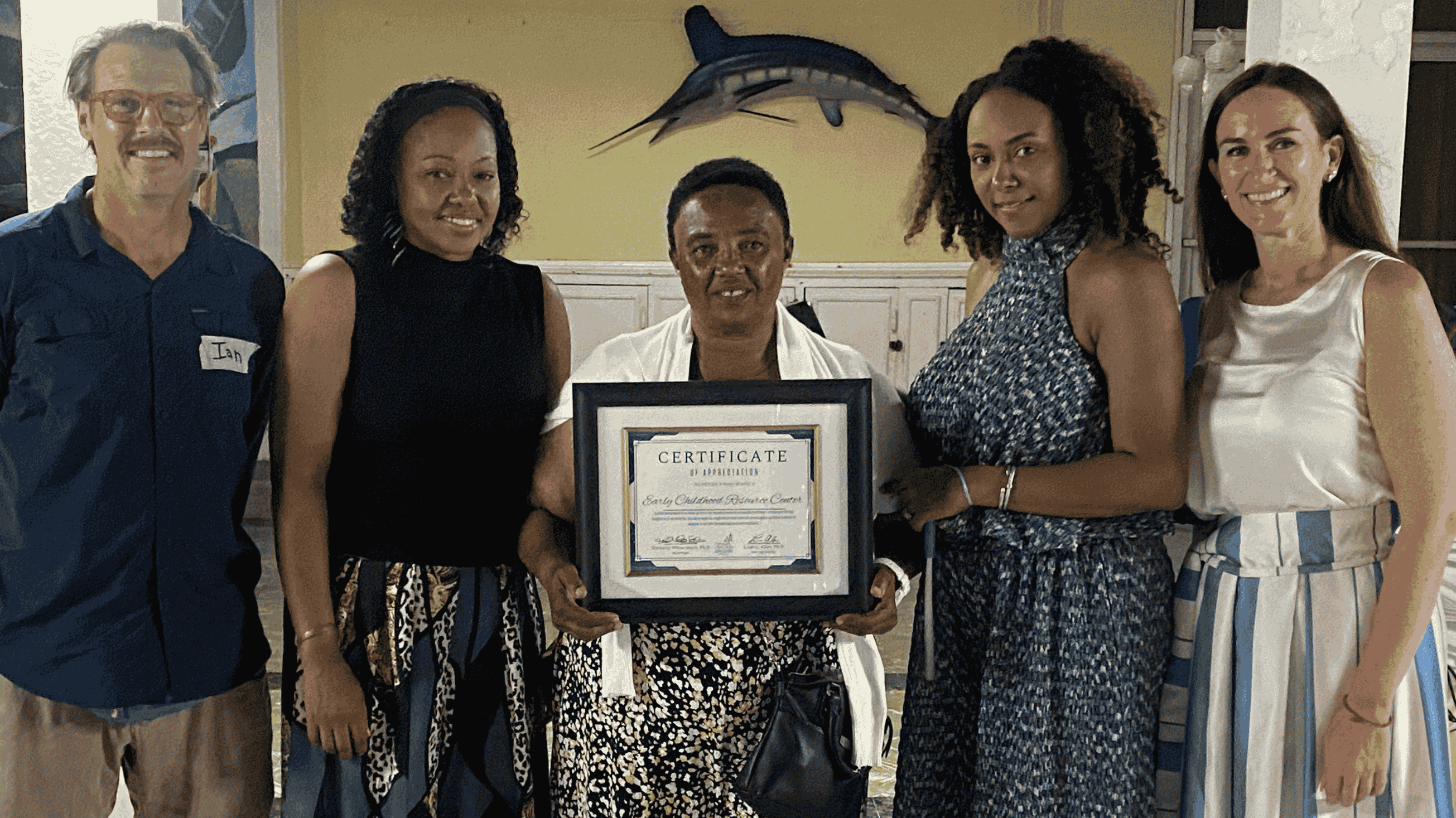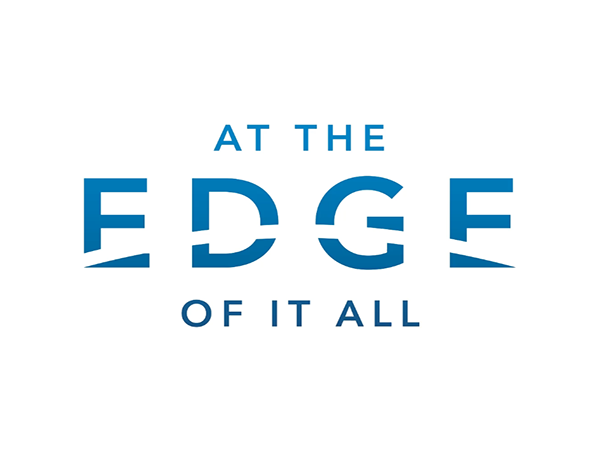Renaming Gathering is a Celebration for Kumeyaay Nation
Mata'yuum means “gathering place” in the Kumeyaay Nation language.
On Monday evening, a large turnout had just such a gathering to celebrate the recent name change of the former Mission Crossroads to Mata’yuum Crossroads at the University of San Diego — and to show gratitude for the local Kumeyaay Nation.
Persephone Lewis, USD’s Tribal Liaison, a graduate alumna and a professor of practice in the Department of Ethnic Studies, was thrilled to see the crowd and the support for the newly named building that’s central to USD's residential housing operations.
"I know it's a good event when the community comes out for it," said Lewis. Her idea of community isn’t just USD administrators, faculty, staff, students and alumni. Rather, she sees community as including a strong and varied representation from tribal organizations and reservations throughout the county who brought not just joy, but historical knowledge to the event.
"I don't consider the work I do here for myself," said Lewis. "I am (Yomba Band of) Shoshone (Indians) and this is not my indigenous territory. I always say that the way I pay my rent for living on Kumeyaay land is to help support the sovereignty and self-determination of Kumeyaay people."
Video: Watch the full renaming dedication recording on YouTube.
Monday's program, which was held on National Indigenous Peoples Day, included remarks by USD President James T. Harris, as well as land acknowledgement, which was presented by Associated Students Government President Marion Chavarria Rivera, a performance by Bird Singers that was led by Chairman Paul Cuerto Jr. from the Campo Band of Kumeyaay Indians, followed by the singers receiving an appreciation line of traditional handshakes.
Speeches were given by Mike Connolly Miskwish (Campo Band of Kumeyaay Indians), Councilman Dr. Stan Rodriguez (Ippay Nation of Santa Ysabel) and American Indian Student Organization Chairman and USD student Gabriel Fallis (Hopland Band of Pomo Indians).
“We must remember every step we take, everywhere we go, we are guests here,” said Fallis. “The conversation around space is very important for indigenous people. The sacredness of indigenous space is defined within the history it holds, the ceremony is held in the language that is spoken. Places are essential to the identity of indigenous people. Without the acknowledgement and reclamation of our spaces, we are aiding in the erasure of an entire people's history and existence.
“The way we treat the land, environment and the way we treat each other it is all done in honor of the millions of Kumeyaay who have lived, prospered and died here since the beginning of time. Many of you may not stop to think about the original people's land who you stand on and occupy. Always remember, but never forget, we are still here.”
Miskwish spoke of the long history — good and bad — faced by Kumeyaay people.
“My people were part of a process that at one time was multigenerational and was nurturing and about development. This process persisted for thousands of years. That changed in 1769 with the coming of the missions. It introduced a different way of teaching. Brutality was incorporated into the lessons, so were the political goals of assimilation, cultural destruction, the loss of language and history. There’s such a long history of education tied to cultural destruction that it’s a wonder people from the reservations even wanted to go to school.”
Miskwish praised the efforts by local institutions to improve relations and to be more transparent with their inclusivity. “I’m very happy with the renaming here. From my heart and on behalf of those who’ve worked so hard in the college system, thank you.”
Councilman Rodriguez’s thoughts echoed the struggles Miskwish had shared earlier, but he, too, believes in the power of collaboration and a better relationship for everyone’s future.
“We may come from different religious beliefs but I want to say: if we continue to fight, we will burn our house down. But when we come together, support each other — not tolerate each other because tolerating something breeds negativity — and celebrate our differences and diversity, come together and honor each other, we can truly learn and grow.”
— Ryan T. Blystone, Video by Victoria Holmes
Contact:
USD News Center
news@sandiego.edu
(619) 260-4681




